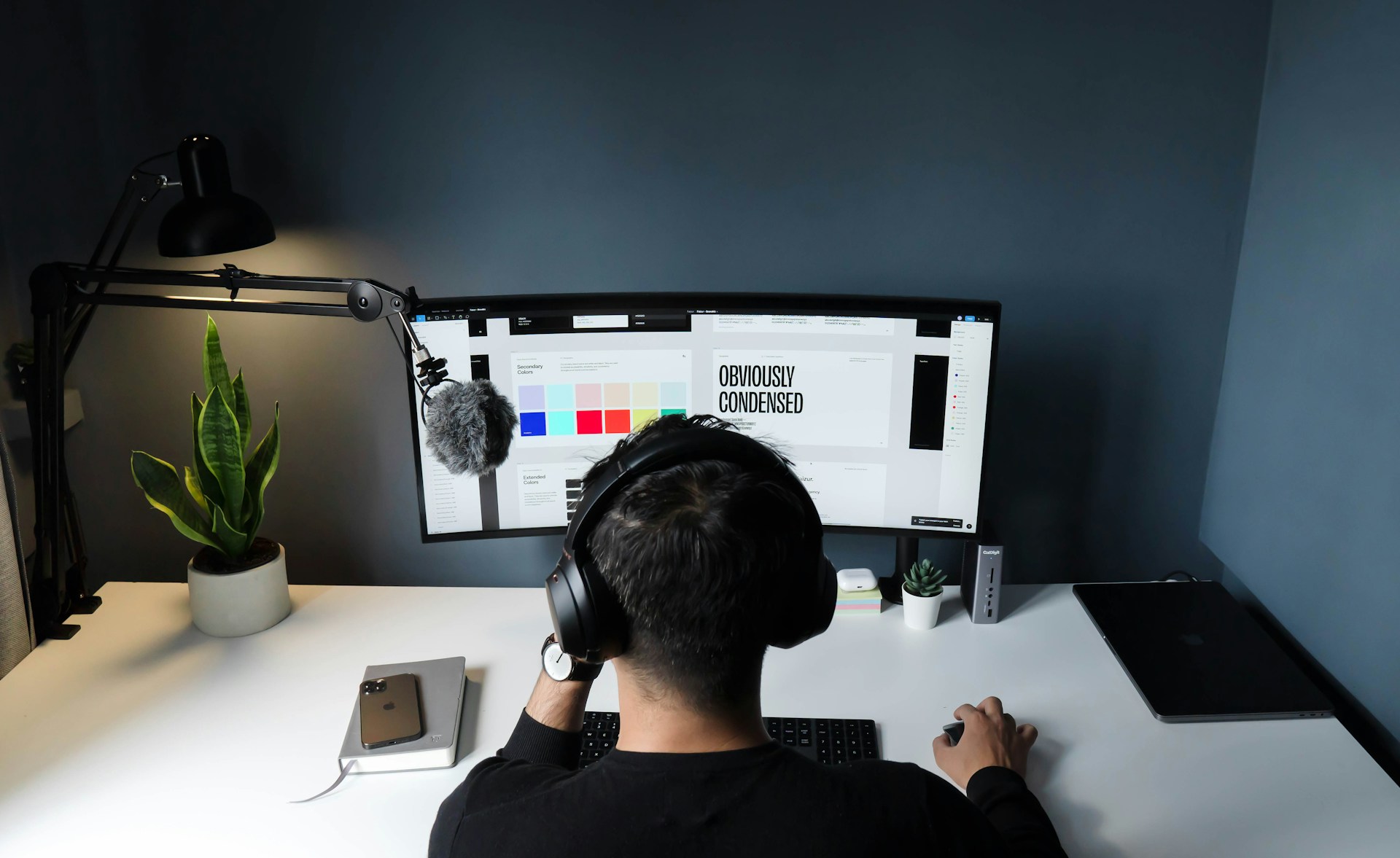On the Radar!

Tuesday, July 1, 2025

Tuesday, July 1, 2025

Tuesday, July 1, 2025

Tuesday, July 1, 2025

Tuesday, July 1, 2025

Tuesday, July 1, 2025

Tuesday, July 1, 2025

Tuesday, July 1, 2025

Tuesday, July 1, 2025

Tuesday, July 1, 2025

Tuesday, July 1, 2025

Tuesday, July 1, 2025
What's hot in Cloud and DevOps

July 4, 2025

July 4, 2025

July 4, 2025

July 3, 2025

July 3, 2025

July 3, 2025

June 30, 2025

June 30, 2025

June 30, 2025
What's hot in Frontend and Design

July 4, 2025

July 4, 2025

July 4, 2025






